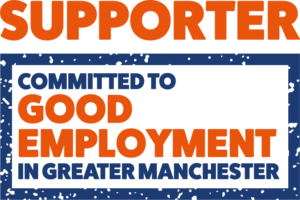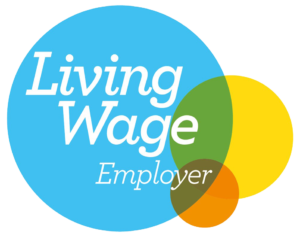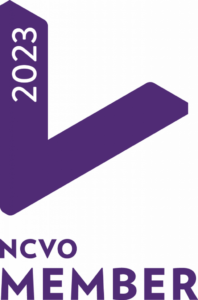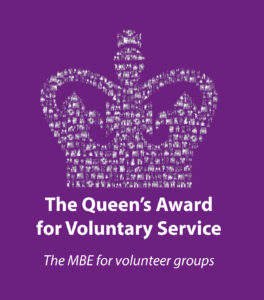The Dark Side Of Solar Panel Energy
One of the main solutions to reducing greenhouse gas output is using alternate methods of energy production. Solar panels can produce energy without emitting the greenhouse gases that contribute to global warming, but are they as great as they appear?
The processes that factories use to produce solar panels can be incredibly detrimental in ways that not many people are aware of.
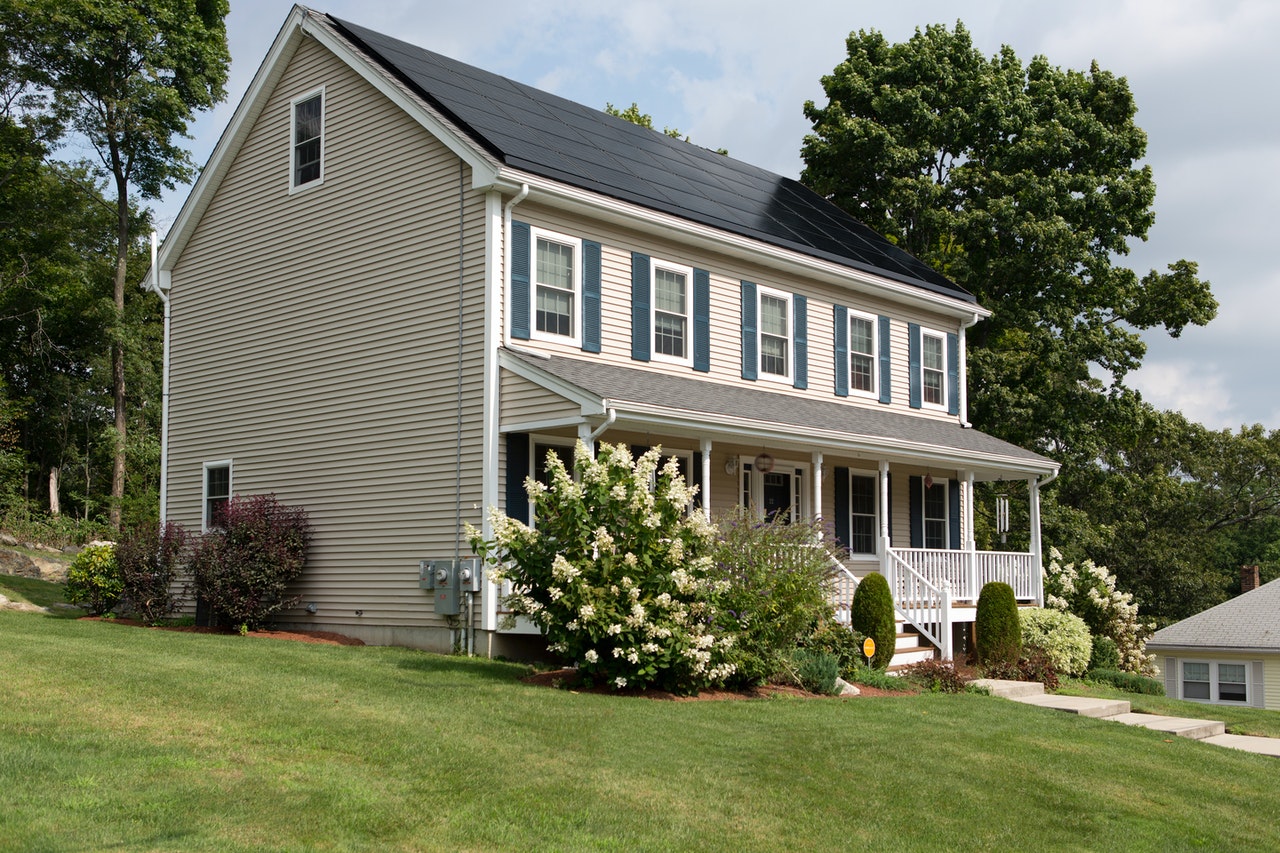
Quartz – which is the most common form of silica – is typically mined so that it can be refined to make silicon as it’s one of the materials needed in order to make the photovoltaic panels. The process of mining quartz is dangerous for the workers as it can lead to the miners getting a lung disease called silicosis or pulmonary fibrosis as it’s a carcinogen.
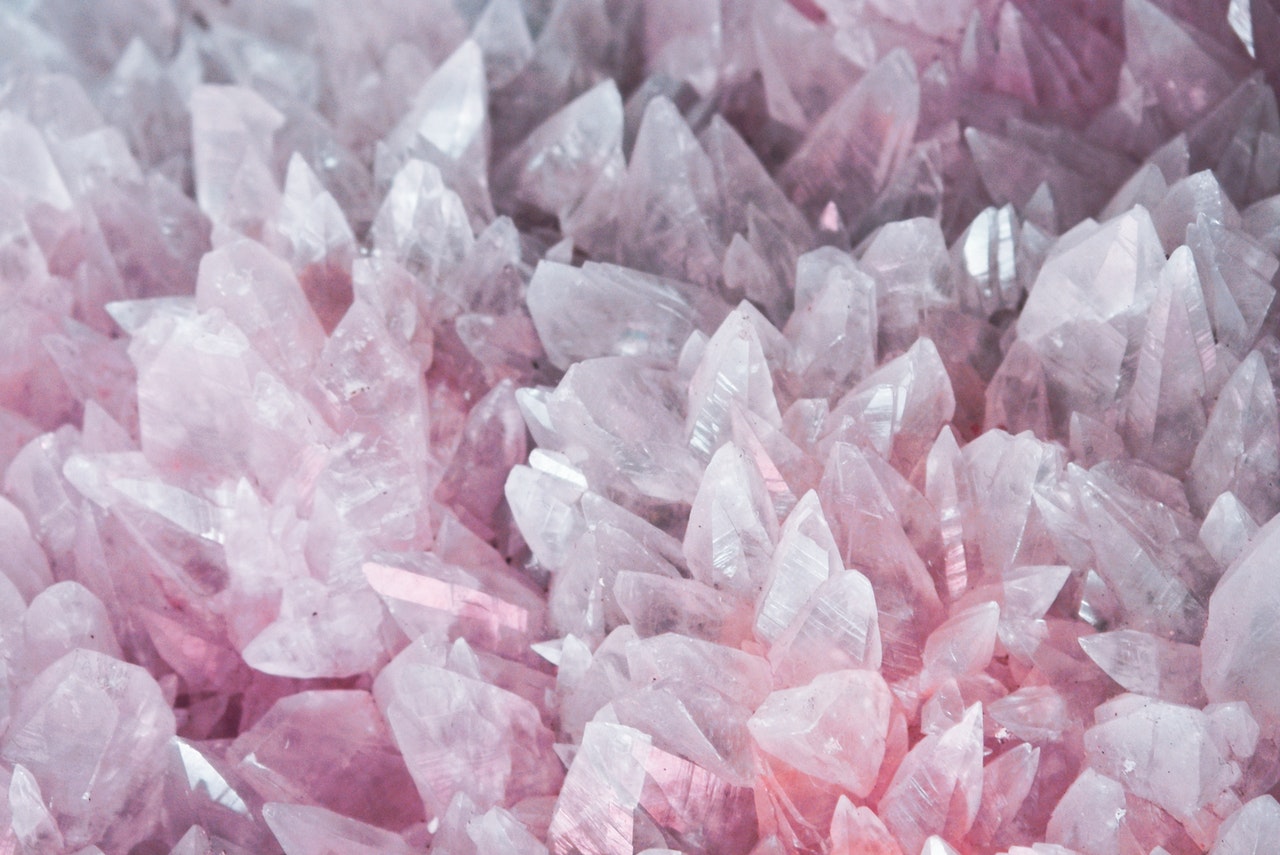
Furthermore, to refine it, the quartz is heated in large furnaces at a temperature of about 1600°C to 1800°C. This requires immense amounts of energy and they’re typically heated using coal – a non-renewable form of energy, releasing CO2 into the atmosphere.
The next step of refinery produces a waste – silicon tetrachloride, which is toxic. Many companies recycle this to reproduce silicon and while this is cheaper, the machinery to convert it can cost them millions. This can mean the irresponsible dumping of waste. For example, China has a lack of regulations on this issue leading to a possibility of waste materials to leak into drinking water supplies.
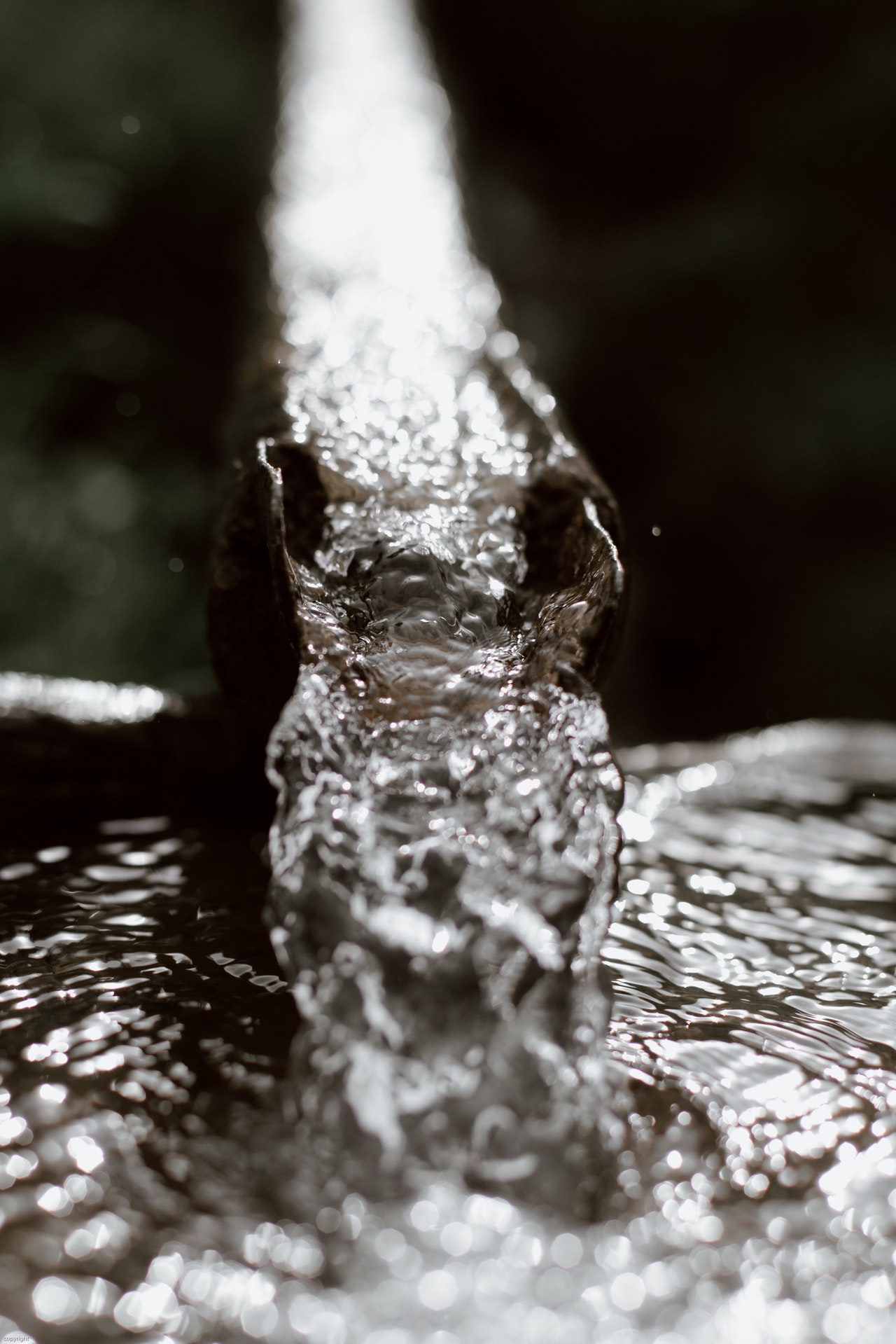
As we are the younger generation, we have been handed the responsibility of taking care of the planet from the centuries of neglect due to lack of understanding.
While it’s important to use renewable sources of energy, we must balance the pros and cons to make rational and well-informed decisions. We must explore these tough topics so that we don’t make a mess for the generations that come after us and we must call out any of the unsustainable processes that go on behind the scenes. Right now, we can reduce our energy consumption by just turning off lights, computers and TVs when they aren’t being used and researching ways we can do better.

Written By: Riya Sarai





